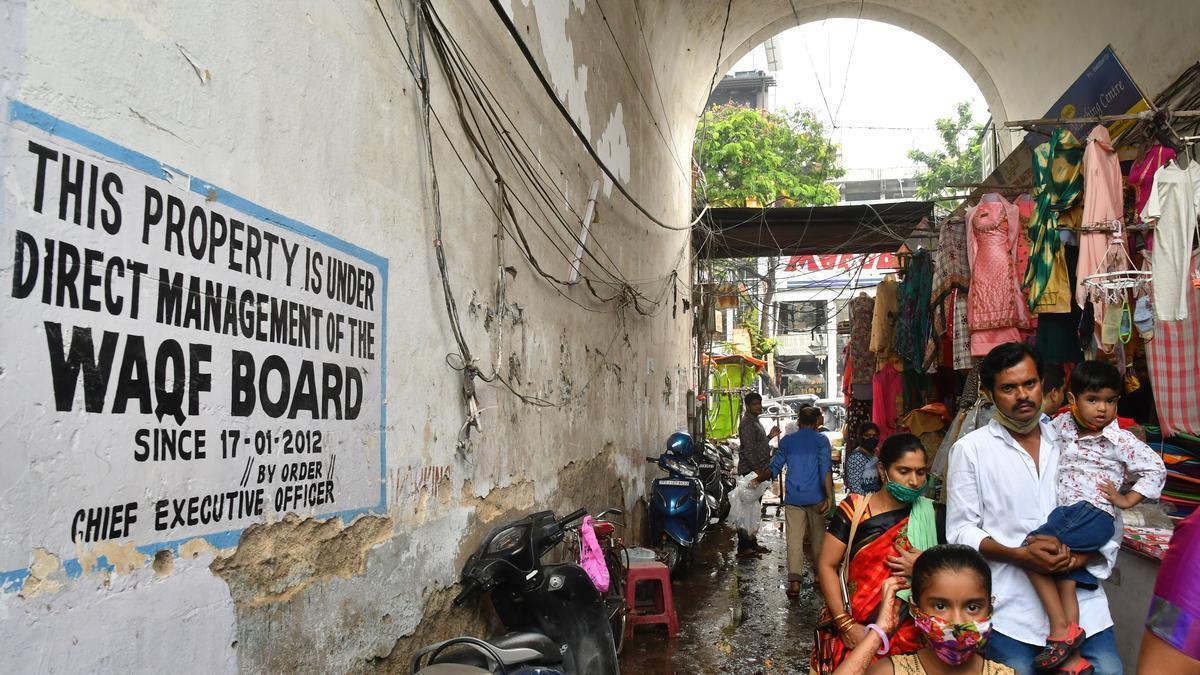
Waqf Amendment Bill needed for transparency, accountability of Waqf Boards: Delhi Haj Committee chair
The Hindu
Delhi Haj Committee chairperson defends Waqf Amendment Bill, 2024, emphasizing transparency and accountability in Waqf Boards.
Refuting allegations that the Waqf Amendment Bill, 2024, encroaches on the rights of the Muslim community, Delhi Haj Committee chairperson Kausar Jahan says the proposed legislation will bring much-needed transparency and accountability to the Waqf Boards.
After its introduction last year, the Waqf Amendment Bill, 2024, was referred to a Joint Parliamentary Committee (JPC) in an effort to bring in bipartisan support. The government claims the proposed amendments will streamline the declaration and regulation of properties controlled by the Waqf Boards. Opposition parties have opposed the Bill, terming it an encroachment on Muslim rights.
“Some people believe that there is no need for these amendments, and a propaganda is being spread about the intentions of the government, but these changes are needed to fully realise, with accountability and transparency, the intentions behind setting up the Waqf Board,” said Ms. Kausar Jahan.
“The Waqf Board had been set up to assist underprivileged Muslims, but instead, the Board is being misused to fill the pockets of a few people. For example in Delhi, the former chief Amanatullah Khan did not pay salaries to Imams, which finally Delhi’s Lt Governor V.K. Saxena made sure to allocate. Widow pensions were held back and issues related to transparency of how money was spent also came up. Even appointments were also done of friends and relatives of the chief,” said Ms. Kausar Jahan in a strong defence of the Bill.
“There are many who feel that the Waqf Board was being run by a club of like-minded people. The specific role of the Collector as surveyor of Waqf property is needed to ensure proper identification with proper documentation. With the administration involved, a proper procedure will be followed, and documents maintained,” she said.
The Waqf Amendment Bill, 2024, proposes that the district collector, or a person nominated by him (not below the rank of deputy collector) be empowered to carry out a survey of Waqf property. The Bill also makes provisions for the registration of Waqf property through a centralised portal, a broad-based composition of the Waqf Council and State Waqf Boards, including non-Muslim and women members, as well as spelling out a detailed procedure for the mutation of property as per revenue laws and with due notice to all concerned before classifying any property as Waqf property.

 Run 3 Space | Play Space Running Game
Run 3 Space | Play Space Running Game Traffic Jam 3D | Online Racing Game
Traffic Jam 3D | Online Racing Game Duck Hunt | Play Old Classic Game
Duck Hunt | Play Old Classic Game











